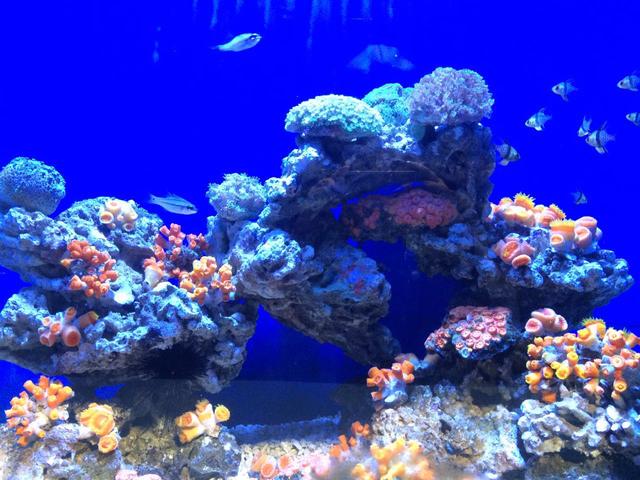International Conventions and Amendments
Paper代写范文:“International Conventions and Amendments”,这篇论文主要描述的是国际海事公约的签订是为了加强国家海洋领域的安全以及对海洋污染的问题进行调控,减少各地区之间因为海洋问题而发生冲突,另一方面能够减少海洋气体的排放,减少因为船舶而造成的污染问题,防止油类、有毒物质、生活污水等等污染的扩散。

An overview of existing Conventions, Amendments and Codes of the IMO may be found in the IMO-Vega database (IMO/ DNV). In addition to the regulations of the Convention and Codes, this also include corresponding interpretations, guidelines and resolutions from IMO’s Assembly, the Marine Safety Committee (MSC) and the Marine Environmental Protection Committee (MEPC).
Appendix 5 provides a comprehensive overview of Conventions, amendments and regulations listed in accordance to entry into force dates. Table 7-2 below provide a listing of international convention, agreement and, regulations addressing safety and environmental aspect of ship operations respectively.
Table 7-2 - International regulative tools on maritime safety and pollution prevention
The International Convention for the Safety of Life at Sea, (SOLAS), is the most important international convention dealing with maritime safety. Likewise, The International Convention for the Prevention of Pollution from Ships (MARPOL) is the most important instrument regulating the environmental impact from international shipping is that of MARPOL. The following two sections consider the content and the possible areas of conflict between initiatives aiming at reducing GHG emissions and the regulations of these two instruments respectively.
1. International Convention for the Safety of Life at Sea (SOLAS)
SOLAS cover a wide range of measures designed to improve the safety of shipping and was first adopted in 1914 following the loss of the S/S Titanic. The second and third editions were adopted in 1929 and 1948 respectively.
In order to keep pace with the change and technological developments of the shipping industry, the Convention has undergone continuos upgrading and renewal by the adoption of Amendments.
A completely new Convention was adopted in 1974 including all Amendments as agreed upon and in addition a new Amendment procedure designed to ensure that changes could be made within a specified (and acceptably short) period of time.
The objective of SOLAS is to specify minimum standards for the construction, equipment and operation of ships in order to assure a level of safety. Flag states are responsible for ensuring that ships under their flag comply with these requirements. A number of certificates are prescribed in the convention as proof that this has been done. Control provisions allowing contracting governments to inspect ships of other contracting nations if there are reasons to believe that the ship and its equipment do not comply with the requirements of the Convention follows.
In Appendix 5, a summary of the content of each chapter of the SOLAS Convention is given.
2. The International Convention for the Prevention of Pollution from Ships
MARPOL identifies a framework for the safeguarding of the environment from unacceptable impacts from international shipping. In its present form it consists of six annexes;
Annex I Regulations for the Prevention of Pollution by Oil
Annex II Regulations for the Control of Pollution by Noxious Liquid Substances in Bulk
Annex III Regulations for the Prevention of Pollution by Harmful Substances in Packaged Form
Annex IV Regulations for the Prevention of Pollution by Sewage from Ships
Annex V Regulation for the Prevention of Pollution by Garbage from Ships
Annex VI Regulations for the Prevention of Air Pollution from Ships
MARPOL is a combination of three treaties;
- International Convention for the Prevention of Pollution from Ships, 1973,
- The Protocol of 1978
- The Protocol of 1997
MARPOL was initiated by the IMO Assembly in 1969 when it was decided to convene an international conference in order to develop international agreements for placing restraints on the contamination of the oceans, land and air caused by international shipping operations. This initiative materialised in the Protocol adopted in November 1973 (International Convention for the Prevention of Pollution from Ships, 1973).
MARPOL addresses all technical aspects of pollution from ships, with the exception of disposal of waste into the sea by dumping. It applies to ships of all types. However, it does not apply to pollution arising from exploration/ exploitation associated to sea-bed mineral resources.
Development milestones of MARPOL are identified in Appendix 5, together with a summary of content of each annex.
51due留学教育原创版权郑重声明:原创留学生作业代写范文源自编辑创作,未经官方许可,网站谢绝转载。对于侵权行为,未经同意的情况下,51Due有权追究法律责任。
51due为留学生提供最好的悉尼paper代写服务,亲们可以进入主页了解和获取更多paper代写范文以及留学生在线TA服务,详情可以咨询我们的客服QQ:800020041哟。-xz